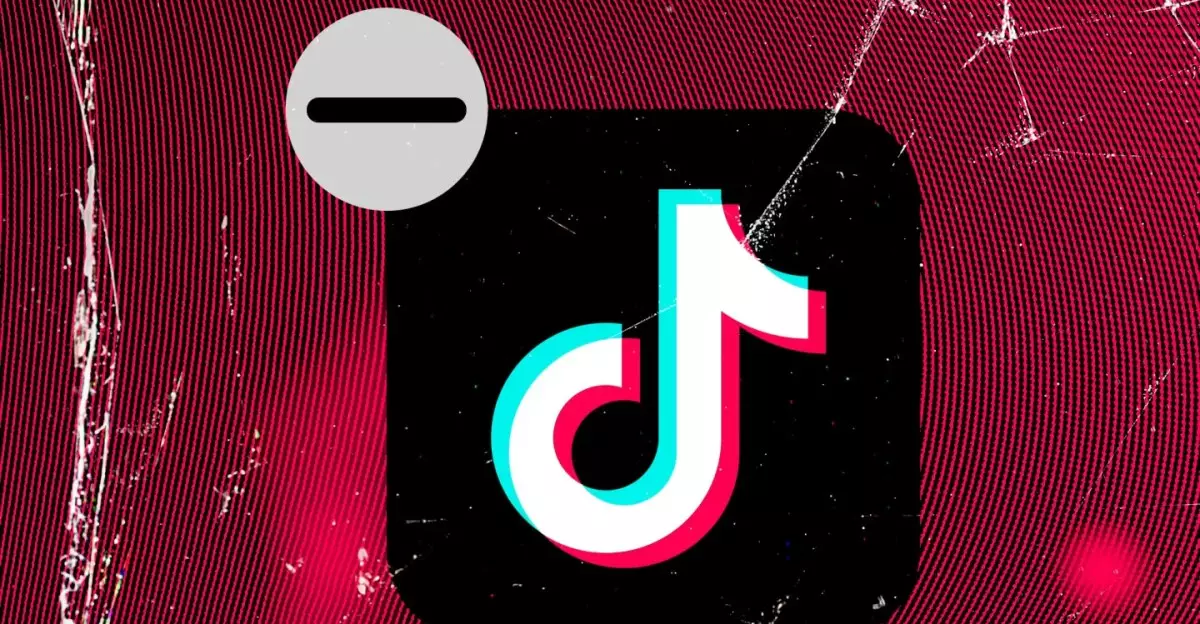In a significant turn of events, tech giants Apple and Google have reinstated TikTok in their respective app stores, marking a pivotal moment in the ongoing saga of the popular social media app. Nearly a month after facing a ban in the United States, iOS users can once again download TikTok from the App Store, while Android users can find it reinstated in the Google Play store. This development comes as a relief to millions of users who had been deprived of the app’s engaging content. The unban raises questions about the regulatory environment surrounding mobile applications and international trade.
The reinstatement follows assurances from U.S. Attorney General Pam Bondi, who communicated with Apple, confirming that hosting TikTok would not risk the company facing legal repercussions. This communication appears to have been the catalyst that prompted both Apple and Google to reverse their earlier decisions to remove the app, which had been in compliance with a law aimed at apps owned by TikTok’s parent company, ByteDance. As noted by Bloomberg, the companies faced potential penalties that could reach billions. This showcases the power dynamics at play between tech companies and governmental pressures, spotlighting the delicate balance they must maintain to operate without incurring substantial fines.
Simultaneously, the political undertones surrounding TikTok remain strong. President Donald Trump’s administration had previously issued an executive order that paused the enforcement of the ban for a specified period. Furthermore, Trump has assigned Vice President JD Vance with the responsibility of overseeing the negotiations for a potential sale of TikTok, highlighting the administration’s keen interest in the app’s ownership structure, which raises national security concerns. This governmental maneuvering reflects the broader theme of technology companies being at the intersection of privacy issues and national security debates.
The return of TikTok to the app stores carries profound implications for the platform’s future in the U.S. market. Users can expect renewed content creation and interaction within the app community. However, the possibility of a sale hangs in the balance, making its future uncertain. If the negotiations led by Vice President Vance lead to a sale, the ownership change could fundamentally alter TikTok’s operations and user experience, depending on who ultimately acquires the platform.
In the fast-evolving landscape of mobile applications, this situation serves as a study in the complexities of digital regulation, user rights, and corporate responsibility. The reinstatement of TikTok may be seen as a victory for tech users, but the lingering issues of ownership and regulatory compliance continue to dominate discussions around app governance and the influence of major tech corporations in the marketplace. Ultimately, the revival of TikTok is not just about the app; it symbolizes larger conversations about technology, society, and governance that will likely evolve in the coming months.


Leave a Reply